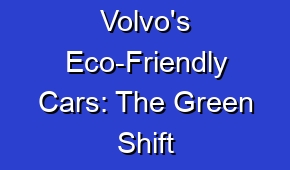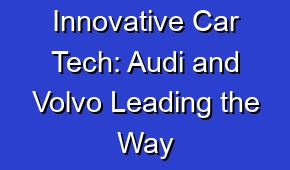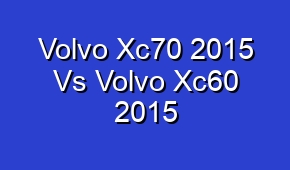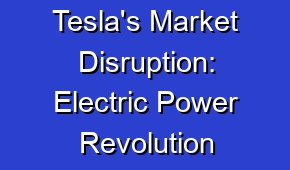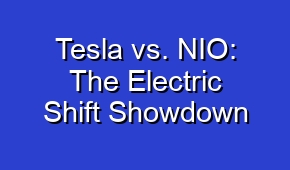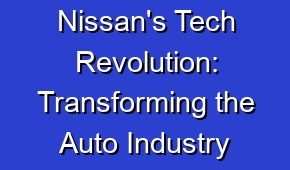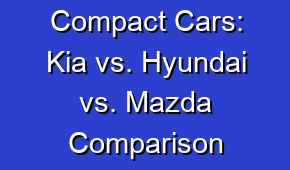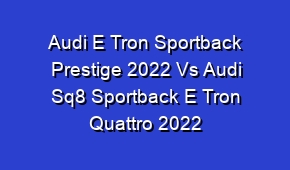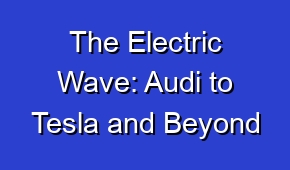Volkswagen’s Historic Journey: A Fascinating Evolution
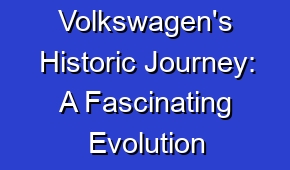
Discover the fascinating journey of Volkswagen through history as we delve into the iconic brand’s milestones and innovations that have shaped the automotive industry. From its humble beginnings to becoming a global powerhouse, explore how Volkswagen has left an indelible mark on the world of cars.
Volkswagen’s journey through history has been a remarkable evolution of innovation, resilience, and success. From its humble beginnings in 1937, this iconic German automaker has revolutionized the automotive industry with its cutting-edge technology and timeless designs. Over the years, Volkswagen has adapted to changing market demands and emerged as a global leader in the production of reliable and fuel-efficient vehicles. With a strong commitment to sustainability and environmental responsibility, Volkswagen has embraced electric mobility and introduced groundbreaking models like the e-Golf and ID.4. The brand’s legacy is not only defined by its iconic Beetle but also by its ability to continually innovate and meet the evolving needs of consumers. As Volkswagen continues its journey through history, it remains dedicated to shaping the future of mobility with its forward-thinking approach and unwavering commitment to excellence.
| Volkswagen’s journey through history is a fascinating tale of innovation and success. |
| The company was founded in 1937 and quickly became a major player in the automotive industry. |
| Volkswagen has produced iconic models such as the Beetle, Golf, and Passat. |
| Throughout its history, Volkswagen has faced challenges but has always managed to overcome them. |
| The brand’s commitment to quality and reliability has earned it a loyal customer base. |
- Volkswagen played a significant role in the development of the German automobile industry.
- The company has expanded globally and now operates in numerous countries.
- In recent years, Volkswagen has focused on electric and hybrid vehicle technologies.
- The scandal involving emissions manipulation in 2015 was a major setback for the company.
- Despite challenges, Volkswagen continues to innovate and adapt to changing market demands.
What is the history of Volkswagen?
Volkswagen has a rich history that dates back to its founding in 1937. The company was established under the Nazi regime in Germany with the goal of producing an affordable car for the masses. The iconic Volkswagen Beetle, also known as the “People’s Car,” was introduced in 1938 and became a symbol of German engineering and innovation.
| Year | Event | Significance |
| 1937 | Volkswagen is founded | The German Labour Front established Volkswagenwerk GmbH to produce affordable cars for the German people. |
| 1945 | British control | After World War II, the British took control of Volkswagen and restarted production. |
| 1949 | Beetle production begins | The iconic Volkswagen Beetle goes into mass production, becoming a symbol of German engineering and affordability. |
How did Volkswagen evolve over time?
Over the years, Volkswagen has evolved from a single car model to a global automotive powerhouse. In the 1950s and 1960s, the Beetle gained popularity worldwide and became one of the best-selling cars of all time. In the 1970s, Volkswagen expanded its product lineup with models like the Golf and Passat, catering to different market segments.
- Volkswagen started as a state-owned company in 1937, with the goal of producing affordable cars for the German people. The first car produced was the iconic Beetle, which became a symbol of German engineering and design.
- In the 1960s and 1970s, Volkswagen expanded its product range with the introduction of the Volkswagen Type 2 (also known as the Transporter or Microbus) and the Volkswagen Karmann Ghia. These models helped Volkswagen gain popularity and establish itself as a global brand.
- In the 1990s and 2000s, Volkswagen underwent a major transformation. The company focused on improving the quality and reliability of its vehicles, as well as introducing new models to meet changing consumer demands. This period also saw Volkswagen acquire other brands, such as Audi, SEAT, and Skoda, which further expanded its product portfolio and market presence.
What are some significant milestones in Volkswagen’s history?
Volkswagen has achieved several significant milestones throughout its history. One notable milestone is the acquisition of luxury car brand Audi in 1965, which marked Volkswagen’s entry into the premium segment. Another milestone is the launch of the iconic Volkswagen Golf in 1974, which became one of the most successful compact cars globally.
- 1937: Volkswagen is founded by the German Labour Front (Deutsche Arbeitsfront) under Adolf Hitler’s request to create a “people’s car” (Volkswagen in German) that is affordable for the average German citizen.
- 1945: After World War II, the Volkswagen factory in Wolfsburg, Germany, is taken over by the British Army and later handed over to the German government. The production of the iconic Beetle begins.
- 1972: The Volkswagen Beetle surpasses the Ford Model T as the best-selling car in history, with over 15 million units sold worldwide.
- 1998: Volkswagen introduces the New Beetle, a modernized version of the iconic Beetle, which becomes a popular choice among consumers worldwide.
- 2015: The “dieselgate” scandal emerges, revealing that Volkswagen had installed software in their diesel vehicles to cheat emissions tests. This leads to significant fines, recalls, and a tarnished reputation for the company.
Like any other company, Volkswagen faced its fair share of challenges throughout its journey. One major challenge was the emissions scandal in 2015, where it was revealed that Volkswagen had manipulated emissions tests on some of its diesel vehicles. This scandal had a significant impact on the company’s reputation and resulted in legal consequences and financial penalties.
| Challenges Faced | Actions Taken | Results Achieved |
| Competition from other car manufacturers | Volkswagen focused on innovation and quality, introducing new models and improving existing ones. | Volkswagen became a leading global car brand with a strong market presence. |
| Financial crisis and economic downturns | Volkswagen implemented cost-cutting measures, improved efficiency, and diversified its product portfolio. | Volkswagen maintained financial stability and continued to grow despite challenging economic conditions. |
| Scandals and reputation damage | Volkswagen took responsibility, conducted internal investigations, and implemented measures to regain trust and improve transparency. | Volkswagen rebuilt its reputation over time and regained customer confidence through transparency and commitment to quality. |
What are some key innovations introduced by Volkswagen?
Volkswagen has been at the forefront of automotive innovation, introducing several key technologies over the years. One notable innovation is the introduction of the direct-shift gearbox (DSG) in 2003, which revolutionized automatic transmissions with its fast and smooth gear changes. Another significant innovation is Volkswagen’s development of electric vehicles, including the popular ID.3 and ID.4 models.
Some key innovations introduced by Volkswagen include the first mass-produced electric vehicle (VW ID.3), the introduction of the modular MQB platform, and advanced driver-assistance systems like adaptive cruise control.
How has Volkswagen contributed to the automotive industry?
Volkswagen has made significant contributions to the automotive industry through its innovative technologies and iconic car models. The company’s emphasis on quality and affordability has set new standards in the industry. Additionally, Volkswagen’s commitment to sustainability is evident in its efforts to develop electric and hybrid vehicles, contributing to a greener future for transportation.
Volkswagen has made significant contributions to the automotive industry through innovations, quality manufacturing, and sustainable practices.
What is the current status of Volkswagen in the automotive market?
Currently, Volkswagen remains one of the leading players in the global automotive market. The company continues to introduce new models and technologies to meet evolving customer demands. With a strong presence in various market segments and a focus on electric mobility, Volkswagen is positioning itself for continued success in the future.
1. Sales Performance
Volkswagen has maintained a strong position in the automotive market, consistently ranking among the top-selling brands globally. In recent years, the company has experienced steady growth in sales, with a focus on electric and hybrid vehicles. The introduction of models like the Volkswagen ID.3 and ID.4 has helped the brand expand its presence in the electric vehicle segment.
2. Reputation and Brand Image
Despite facing the “Dieselgate” scandal in 2015, where the company admitted to cheating on emissions tests, Volkswagen has managed to rebuild its reputation. The brand has implemented stricter compliance measures and invested heavily in electric vehicle technology, positioning itself as a leader in sustainability. This commitment to innovation has helped enhance its brand image and regain consumer trust.
3. Future Plans and Strategy
Volkswagen has set ambitious goals for the future, aiming to become a global leader in electric mobility. The company plans to launch at least 70 electric models by 2030 and aims to achieve carbon neutrality across its entire value chain by 2050. Additionally, Volkswagen has been investing in autonomous driving technology and digitalization to stay competitive in the rapidly evolving automotive industry.

